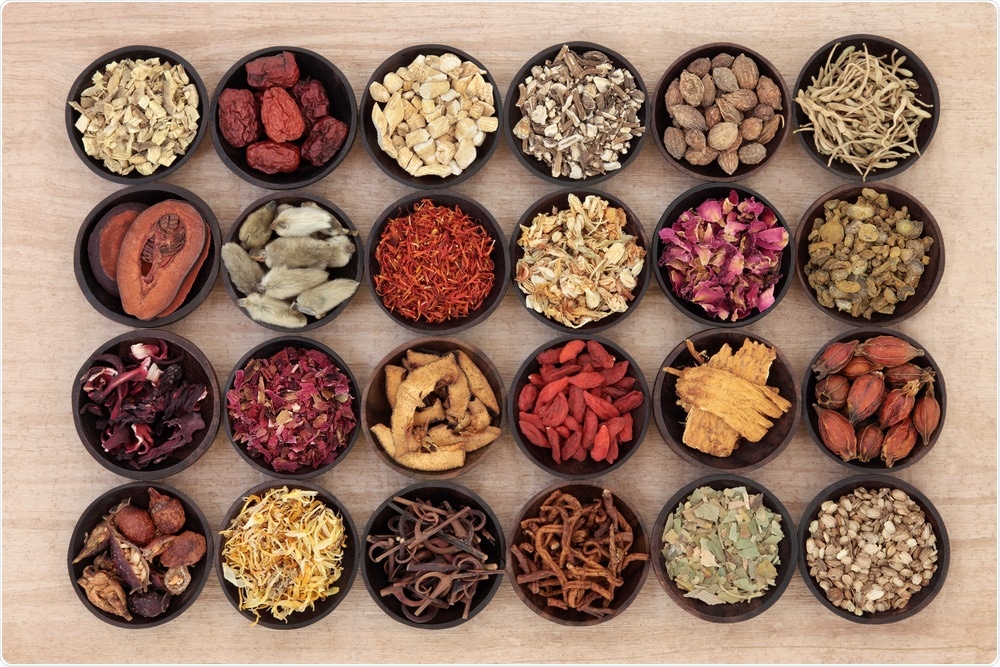Using GC-MS, scientists have uncovered the anti-pyretic mechanisms of Jinxin, a traditional Chinese medicine typically prescribed for fever. It is hoped that the study, which was recently published in the journal Metabolites, will pave the way for new anti-inflammatory medicines.
 marilyn barbone | Shutterstock
marilyn barbone | Shutterstock
Pyrexia, which is the part of the host response to pathogens, is often the target of medicines aimed at reducing fever. The oral form of Jinxin is a modified version of an ancient recipe of herbal and mineral medicines and has been widely used to treat pediatric diseases. The anti-pyretic effect of the Jinxin is not well understood, and scientists were thus unsure whether the effects were real, or placebo.
Previous studies have focused on easily accessible body fluids, whereas the current study used brain metabolomics to monitor the anti-pyretic effects at the blood-brain barrier.
The study, which was led by Dr. Qian from Nanjing University of Chinese Medicine, aimed to increase the understanding of the antipyretic mechanism of Jinxin oral liquid by finding therapy-related metabolites involved in regulating the brain’s microenvironment and its anti-inflammatory and anti-pyretic pathways.
Using yeast to induce fever, Qian and colleagues measured rectal temperatures and production of pro-inflammatory cytokines in rats after administering Jinxin oral liquid, ibuprofen, or no drug a all. In addition, one group of animals was not exposed to yeast and used as a control.
The researchers analyzed the results using a gas chromatography with mass spectrometry (GC-MS) platform to identify therapy-related metabolites in brain samples.
Qian and colleagues found that rectal temperatures of feverish animals decreased over the course of four hours after Jinxin oral liquid administration and that excessive production of interleukin 1β and prostaglandin E2, typical of fever-induced inflammation, were regulated to normal 4 hours after administration. This suggests that Jinxin has similar antipyretic effects to ibuprofen.
The analysis led to the selection of 12 anti-inflammatory and anti-pyretic metabolites which had been significantly altered by Jinxin oral liquid administration and could therefore be used as biomarkers. The researchers used these metabolites to reconstruct the anti-pyretic pathway initiated by Jinxin, representing a significant step forward in our understanding of traditional Chinese medicine.
Future research will likely focus on advancing our understanding of the therapeutic effects of traditional Chinese medicines using GC-MS.
Acknowledgements
Funding for this research was provided by the Natural Science Foundation of Jiangsu Province, the Major Research Plan of Natural Science Foundation of the Higher Education Institutions of Jiangsu Province, Jiangsu Provincial 333 High Levels Talents Cultivation Project, Jiangsu Six Talent Peaks Project, the Project of the Priority Academic Program Development of Jiangsu Higher Education Institutions, and Postgraduate Research and Practice Innovation Program of Jiangsu Province.